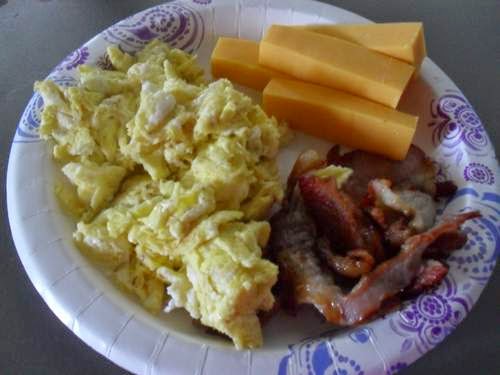Are You Abusing Atkins Induction?
Atkins Induction is often the first introduction that many people have to a low-carb diet. It jump-starts your weight-loss program, can help if you’re experiencing a weight-loss plateau, or get you back on track if you’ve been stumbling around and eating too many carbs. It’s also useful if you’re in pre-maintenance or maintenance and you’ve slipped and fallen out of the wagon. Induction can give you a leg up, and help you regain control of your appetite, drop those few pounds you’ve regained, and help you get your life back on track. But Atkins Induction can also be abused. Do You Run Back to Induction Every Time You Stray? I hear this all the time. You went to a party, it was a holiday, your birthday, or a family gathering. You planned to stay on program, stick to meat and salad, eat a snack before you left, and had a strawberry cheesecake waiting in the refrigerator for dessert when you got home. But something went wrong. You kept looking at the dessert table. You had to sit and watc...


